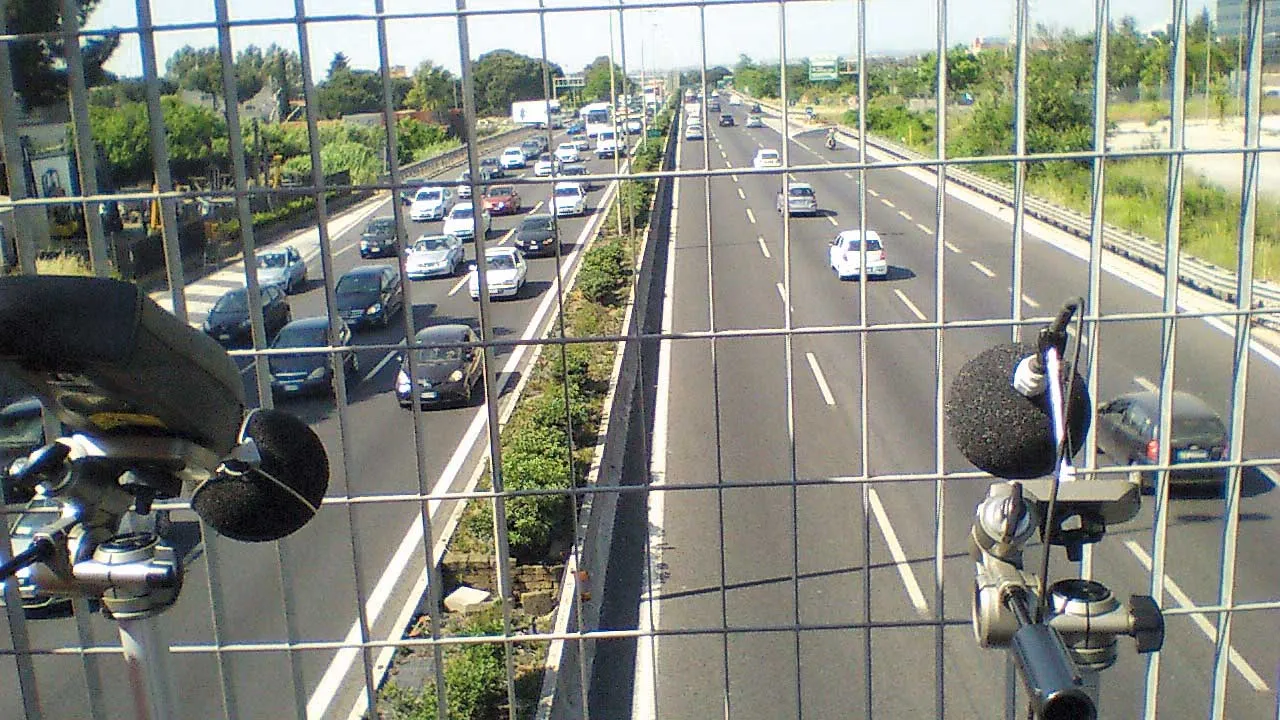Los Angeles city is teaming up with ACS to create a new pricing system that is part of a parking strategy designed to relieve traffic congestion, reduce air pollution, and improve the efficiency of downtown LA's transit operations.
May 1, 2012
Read time: 2 mins
Los Angeles city is teaming up with 917 ACS to create a new pricing system that is part of a parking strategy designed to relieve traffic congestion, reduce air pollution, and improve the efficiency of downtown LA’s transit operations.
Los Angeles Department of Transportation (LADOT) and ACS will pilot a programme called LA ExpressPark based on introducing demand-based pricing where parking rates are adjusted, based on driver demand for spaces and availability. The rationale is that by increasing rates on high demand spots, there is the potential for more parking spaces to become available on each block, reducing traffic congestion and pollution generated by drivers hunting for curbside parking. It may also encourage drivers to consider carpooling, bicycling, and public transportation as alternatives.
The one-year pilot is funded by a US$15 million grant from the2364 US Department of Transportation and could total $29 million if two option years are added. It includes real time parking guidance systems – Information will be displayed on street-side signs and up-to-the-minute smartphone apps directing drivers to available spaces. Sensors placed in parking spaces track occupancy. The scheme will also see new parking meter technology deployed for around 6,000 on-street parking spaces, while ACS will provide its ACS Merge parking management system to process all parking-related transactions and provide real-time parking data analytics to LADOT and drivers.
“Taking the hassle out of finding a place to park and making it easier to pay are just a couple benefits for residents and tourists,” said Jaime de la Vega, general manager of LADOT.
During implementation of LA ExpressPark, ACS will oversee the installation of sensors, update parking meter technology, and operate a central management system that will process the information and data gathered by handheld monitoring devices, meters and vehicle sensors.
As ACS points out, it has successfully managed, and operated parking systems for more than 30 cities in the United States and 88 jurisdictions in the United Kingdom during the past 30 years.
Los Angeles Department of Transportation (LADOT) and ACS will pilot a programme called LA ExpressPark based on introducing demand-based pricing where parking rates are adjusted, based on driver demand for spaces and availability. The rationale is that by increasing rates on high demand spots, there is the potential for more parking spaces to become available on each block, reducing traffic congestion and pollution generated by drivers hunting for curbside parking. It may also encourage drivers to consider carpooling, bicycling, and public transportation as alternatives.
The one-year pilot is funded by a US$15 million grant from the
“Taking the hassle out of finding a place to park and making it easier to pay are just a couple benefits for residents and tourists,” said Jaime de la Vega, general manager of LADOT.
During implementation of LA ExpressPark, ACS will oversee the installation of sensors, update parking meter technology, and operate a central management system that will process the information and data gathered by handheld monitoring devices, meters and vehicle sensors.
As ACS points out, it has successfully managed, and operated parking systems for more than 30 cities in the United States and 88 jurisdictions in the United Kingdom during the past 30 years.








